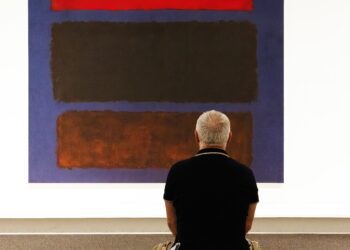Sony, Universal and Warner conglomerates sued Udio and Suno on Monday, alleging that the digital music generation companies used copyrighted sounds and songs to train their artificial intelligence systems. These AI companies enable users to create songs instantly via text commands, similar to how AI services such as Midjourney generate images from text prompts.
The lawsuits argue that Udio and Suno’s AI-generated songs are possible only because they were trained on large volumes of copyrighted material owned by the plaintiffs. The legal filings claim that Udio, in particular, copied decades’ worth of popular sound recordings to train its software.
The record companies are seeking a court declaration of copyright infringement and damages. Ken Doroshow, the chief legal officer of the Recording Industry Association of America, emphasized that the lawsuits are crucial for maintaining lawful and ethical development of generative AI systems. Udio defended its methods, comparing its AI training to students learning from music and claiming its system creates original music based on new musical ideas.
Additionally, Suno CEO Mikey Shulman defended the company’s practices, saying, “our technology is transformative; it is designed to generate completely new outputs, not to memorize and regurgitate pre-existing content,” noting that users can’t refer to specific artists when asking Suno’s software to create something.












